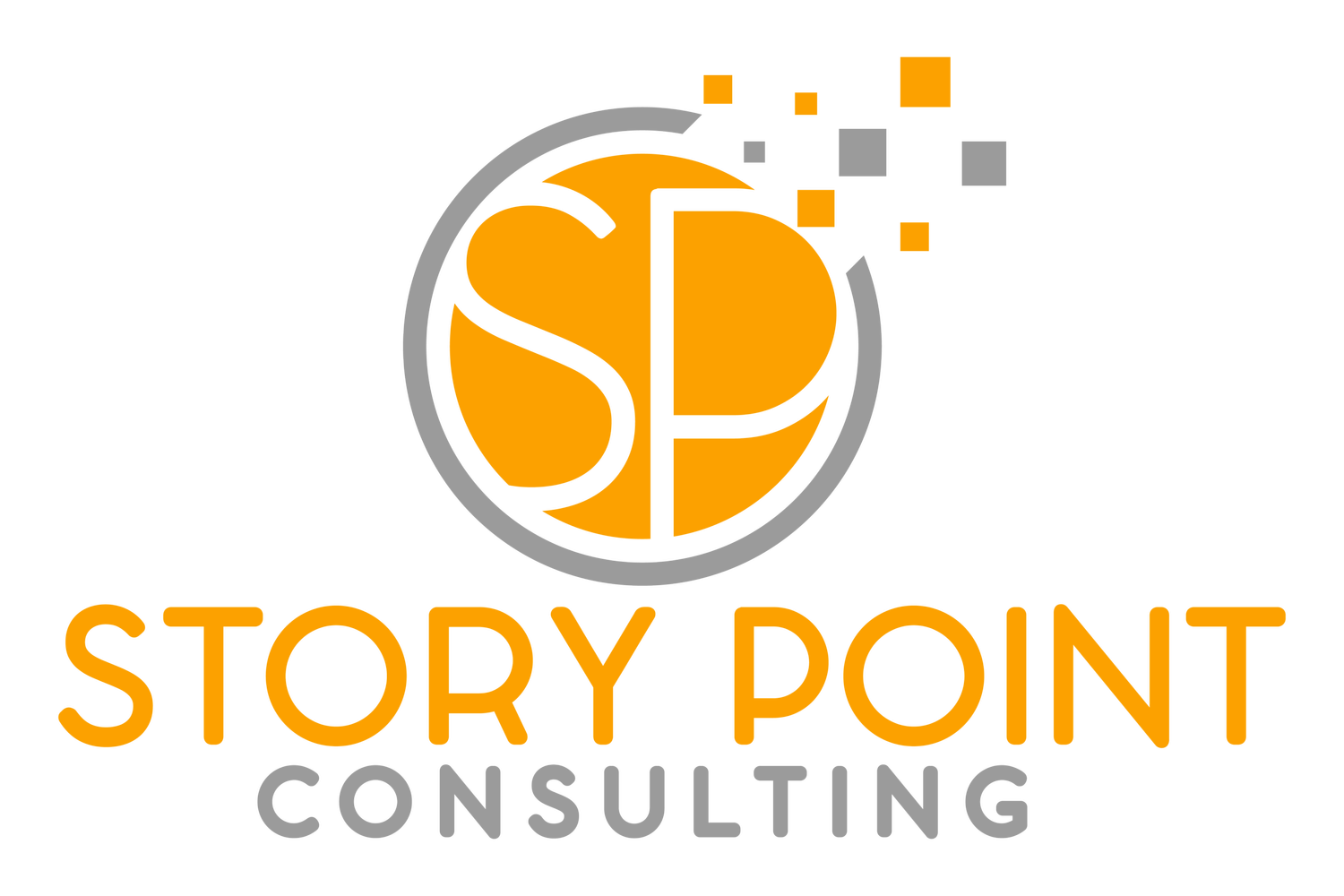Getting Started With Data Driven Fundraising
Let’s start with an example. An organization receives what they think is their largest donation of $1,000 from a local business. Some board members immediately decide that the organization should update their fundraising strategy, and start to focus on corporate donations. However, the remaining board members are concerned because they are not sure how many corporate donations they actually receive, and do not think it’s the best course of action. Now the team is uncertain if they should update their strategy or not.
What they did not realize is that their highest donation to date actually came from an individual donor, and if they had a method of strategically using their data, they could use it to help them decide the direction of their fundraising strategy. While it seems like these types of decisions can be made with a hunch, you need evidence to prove your ideas. So despite the fact that this organization may have multiple opportunities to build relationships with those that strongly support their organization, without using their data it will be a challenge to identify where they should focus their resources.
What is data?
Although using data may sound complicated or intimidating, it does not have to be. Data is simply information that once organized, can become an incredibly useful tool. This is particularly true when it comes to crafting a successful fundraising strategy.
Data can take many forms. It could be numerical, such as the total amount of funds raised, the average donation received, or the total number of gifts. On the other hand, data can also be descriptive. This could include responses collected from a survey, feedback provided by participants about a specific program, or even personal testimonials. Such information can provide valuable insights, helping you understand what works and what does not in your fundraising strategy.
Why is data important to nonprofit organizations?
Data is a powerful tool for nonprofits, particularly for smaller shops, by making it easier to track your progress towards your fundraising goals. And, it can provide direction for your fundraising strategies. For example, suppose a nonprofit organization hosts a fundraising event. There are various data points that this organization can use to evaluate how successful the event was. They could look at the number of people who attended the event, or the total amount of money that was raised. By examining these factors, the organization can get a clear picture of their event's success, helping them plan for future events.
Data can also reveal trends within your organization. A typical example could be a noticeable pattern between the time of year and when your organization receives most of its donations. An organization may notice that certain holiday seasons or specific campaigns generate more donations. Alternatively, the data might uncover a link between the length of a donor's support and the amount they donate. Long-term supporters may contribute larger sums due to their deep commitment and trust in your organization. Identifying these trends within your data can help you effectively target your efforts, optimize your campaigns, and ultimately, reach your fundraising goals.
Additionally, data can enhance your organization's efficiency. It can function as a compass, helping you allocate your resources more effectively. When trying to build relationships with your organization's supporters, data can assist in tailoring and personalizing communication to cater to specific donor groups. This ensures that your message is always relevant, making each donor feel valued and understood.
How do we collect data for our nonprofit organization?
One of the simplest ways to start collecting data is when a donor gives a gift to your organization. You can collect basic information such as the donor’s name, contact information, amount of their gift, and the date of their donation. This information can be stored using a donor management software where you are able to manage and share your organization’s data with everyone on the team. Or if you do not have a database it is possible to use spreadsheets to maintain your data.
Once your organization has a system of collecting data, you can expand your collection methods such as sending out short donor surveys to find out more about your donors, such as why they donated to your organization or what their interests are. It can be tempting to try to collect as much data as possible about those that support you. However, it is best to collect only the information that you need, and that will move you towards your fundraising goals.
Getting started with your nonprofit data strategy
A data strategy is a comprehensive plan that outlines how your nonprofit will manage your donor data. And when building your data strategy for your nonprofit organization, you will need to consider several key factors.
First, you have to decide who will be in charge of managing this data. This could be a small team or an individual, depending on your organization's size and needs. Secondly, your data strategy must clearly define the policies and procedures for data collection. This includes determining what data you will collect, how you will collect it. And finally, but most importantly, your data strategy must address how you will secure your donor data. In today's digital age, data security is of utmost importance. You need to have strong measures in place to prevent data breaches and ensure the confidentiality of your donor data.
If your organization has never used data, there will be a learning curve, but you can start small. You can start by simply consolidating all of your data in one place, and take the time to understand it, and become familiar with it. As you grow more comfortable, you may consider seeking out further training and professional development in the form of workshops and webinars, many of which are free or low-cost. And, if your organization has a budget you can also hire a fundraising consultant who can assist your team in analyzing your fundraising data and provide recommendations to optimize your fundraising efforts.
When organizations use a “data-driven” approach to fundraising it allows them to make strategic decisions based on fact, rather than feeling. We always say that you know your organization best. Let the data help you continue to do the wonderful work that you do, and enable you to best serve your communities.
Data is most useful when it’s easy to understand and act on. Our software Chronicle is built for small nonprofits, with secure donor management and an annual dashboard to help you track progress and plan ahead.




